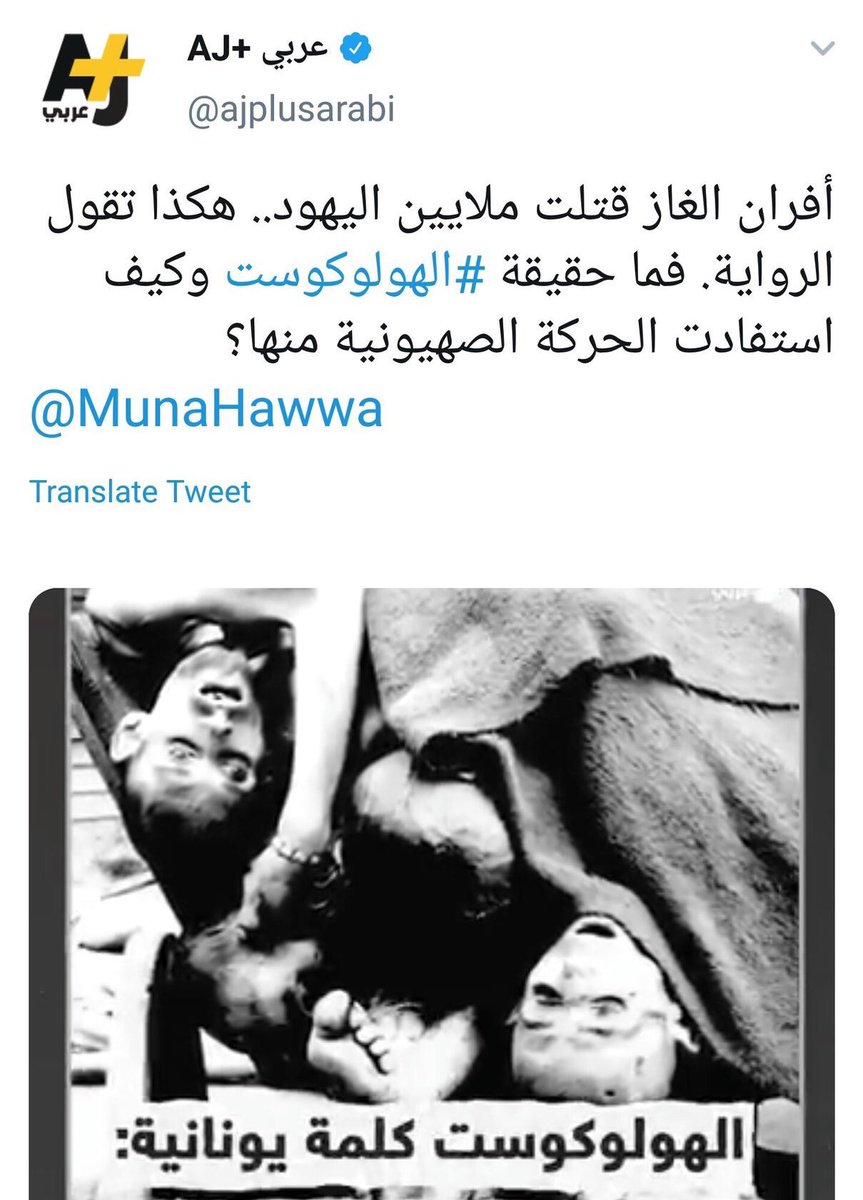-Estimates of speed capture congestion spillovers and can be directly used to design policies that reduce congestion externalities
-Estimates relevant in other contexts, as traffic characteristics in NYC by borough and day time extend to many cities worldwide (12/13)
Check the paper for more details! (13/13)













